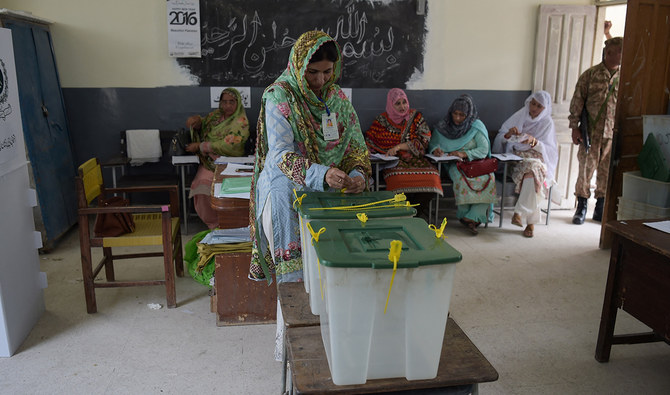ISLAMABAD: Pakistan's Caretaker Information Minister Murtaza Solangi promised on Monday the release of required funds to the country's election regulator, amid reports of a delay in the upcoming national elections scheduled for February 8.
The government allocated Rs42 billion for the upcoming general elections in this year's budget, but it has only issued Rs10 billion to the Election Commission of Pakistan so far.
Pakistani media widely reported on Monday there had been a delay in the disbursement of the remaining amount, at which the election regulator had summoned the finance secretary.
Solangi said the election regulator had approached the government for the release of Rs17.4 billion and there was no "crisis on meeting the financial needs of the ECP."
"Whatever budgeted amount is needed by the ECP will be released as per its needs accordingly," the minister said on X. "We firmly stand behind the ECP in holding free and fair elections."
Pakistan, following more than a year of political turmoil since the ouster of ex-prime minister Imran Khan in Aprill 2022, is finally headed to general elections in February next year, with many analysts expecting the polls to lead to some stability in the South Asian country.
The ECP last week put to rest rumors of a delay in election and its top official said the regulator would release a schedule in December for the upcoming general election.
“Count 54 days backwards from February 8,” Chief Election Commissioner Sikandar Sultan Raja said in an informal chat with journalists, which means the announcement could be expected in the third week of December.
The outgoing Pakistani government had amended the Elections Act to empower the ECP to fix and announce the election date and specifying the timeline for the announcement of election schedule, which needs to be done about 54 days before the polling day.
The election commissioner reassured the journalists that the ECP had been “proactively handling election-related responsibilities” to ensure fair and transparent electoral contest in the country.
















